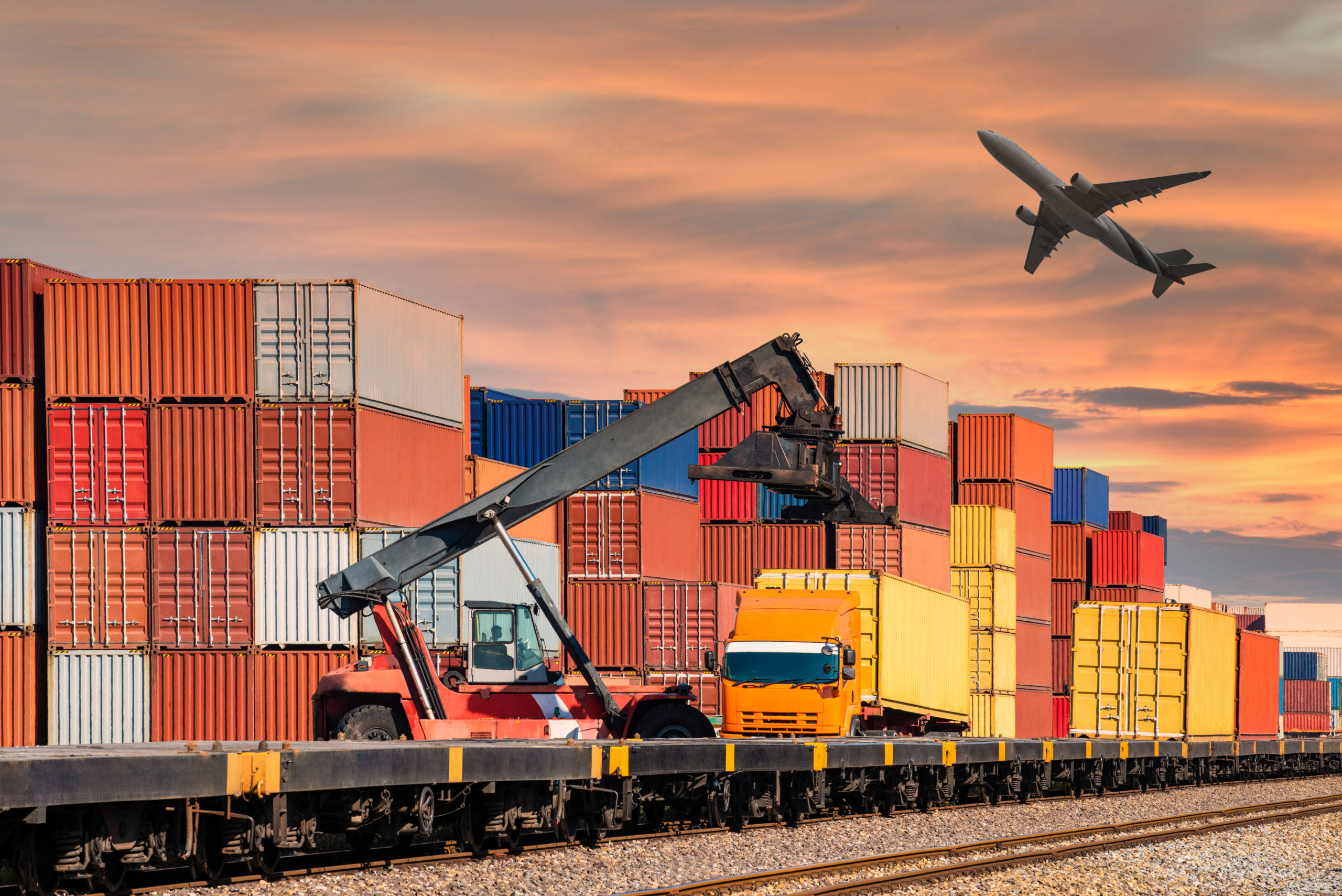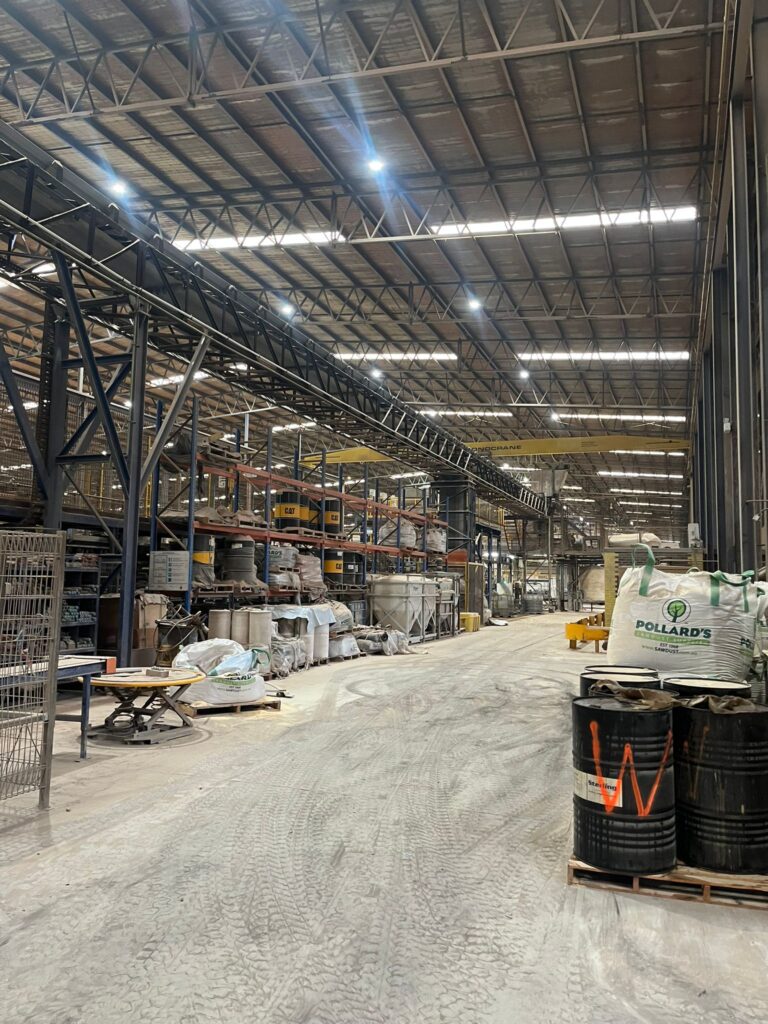When it comes to online commerce, business-to-business will overtake business-to-consumer sales in the next five years, the New Zealand freight sector has been warned.
Freight networks need to recognise and be prepared for this development, logistics specialist Chris Foord of consultancy Argon & Co told the freight sector summit Freight Futures in Auckland.
Online retail growth in New Zealand and Australia region leapt 25-30 per cent a year since the pandemic started, with 50 per cent of the population now shopping online, Foord said.
“Before Covid that was not the case. There have been some constraints and [delivery]delays from the challenges but also there have been good experiences and those who have had them have stayed online.”
But it had also been challenging for online retailers to make a decent return, said Foord, a former chief logistics officer at The Warehouse and Fonterra general manager for global supply chain development.
Amazon was among those which had showed that responsiveness and lead time was now “a weapon and can be incredibly powerful to get customers onboard”, he added.
“We are seeing it here now – delivery expectations being measured more in hours than days.”
He said the key message from a global e-commerce perspective was that B-to-B business would overtake business-to-consumer in the next five years.
Foord said the summit heard a lot about the need for sector player collaboration to meet supply chain and logistics challenges but he believed “orchestration” of tasks via data use to meet changing customer demands on delivery and sustainability expectations was a potentially easier goal.
Those investing in the much-drummed theme of “environmental sustainability” could derive some customer loyalty from it, he said.
Online, the retail event calendar had changed, Foord said. For example, for many retailers Black Friday was now a peak event, and for the freight sector, readiness for this change was critical.
“The only certainty we see from a supply chain perspective is more change and the ability to respond to that.
“We are seeing around the world a lot of traditional companies struggling to adapt…Historically a lot of organisations are quite siloed in hierarchy.”
That hierarchy led to linear and static processes, he said.
“The consequence is a trade-off as organisations make the supply chain leaner and leaner.”
Foord said “data is everything in the world we live in” and would apply even more in future.
“Everyone says clean data doesn’t exist and actually, it’s really hard to have clean data, maintained, owned and looked after on a regular basis.
“Get it as good as you can but have signals to tell you when things are a bit off. Control towers (having oversight of what is going on in your supply chain) are a big part of the connective future we see, and having the ability to react.”
Foord urged supply chain participants to automate manual tasks where possible so data could be used to free up employees for value-added work.
“You can only truly leverage your data when you have solutions and systems that can make decisions for you – within boundaries. You decide the tools. Freeing up people to do smarter things is a key part of the supply chain future.”
Foord said the summit heard talk of how hard it was for supply chain participants to achieve productivity and sustainability, productivity and responsiveness.
“Actually, the simple reality is that customers need and want both.
“It doesn’t mean you have to provide both at the same time. You need to provide the option. And those customers need to understand the option and what they are choosing and the implication of that decision.”
Originally written and published by New Zealand Herald – Aug 2022






